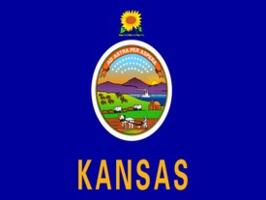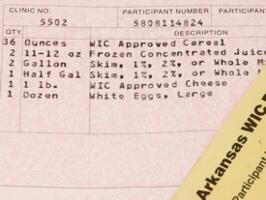54% Think U.S. Society is Fair and Decent
Voters continue to think American society is generally fair and decent and a large majority maintain that those who immigrate here should adopt the culture.
A new Rasmussen Reports national telephone survey finds that 54% of Likely U.S. Voters think American society is generally fair and decent. This finding is down four points from July and is the lowest finding since July 2007. Prior to 2013, belief that American society was fair and decent regularly ran in the low-to-mid 60s. Thirty-three percent (33%) say American society is generally unfair and discriminatory, up slightly from last month. Thirteen percent (13%) are not sure. (To see survey question wording, click here.)
(Want a free daily e-mail update? If it's in the news, it's in our polls). Rasmussen Reports updates are also available on Twitter or Facebook.
The national telephone survey of 1,000 Likely Voters was conducted by Rasmussen Reports on October 9-10, 2014. The margin of sampling error for the survey is +/- 3 percentage points with a 95% level of confidence. Fieldwork for all Rasmussen Reports surveys is conducted by Pulse Opinion Research, LLC. See methodology.















